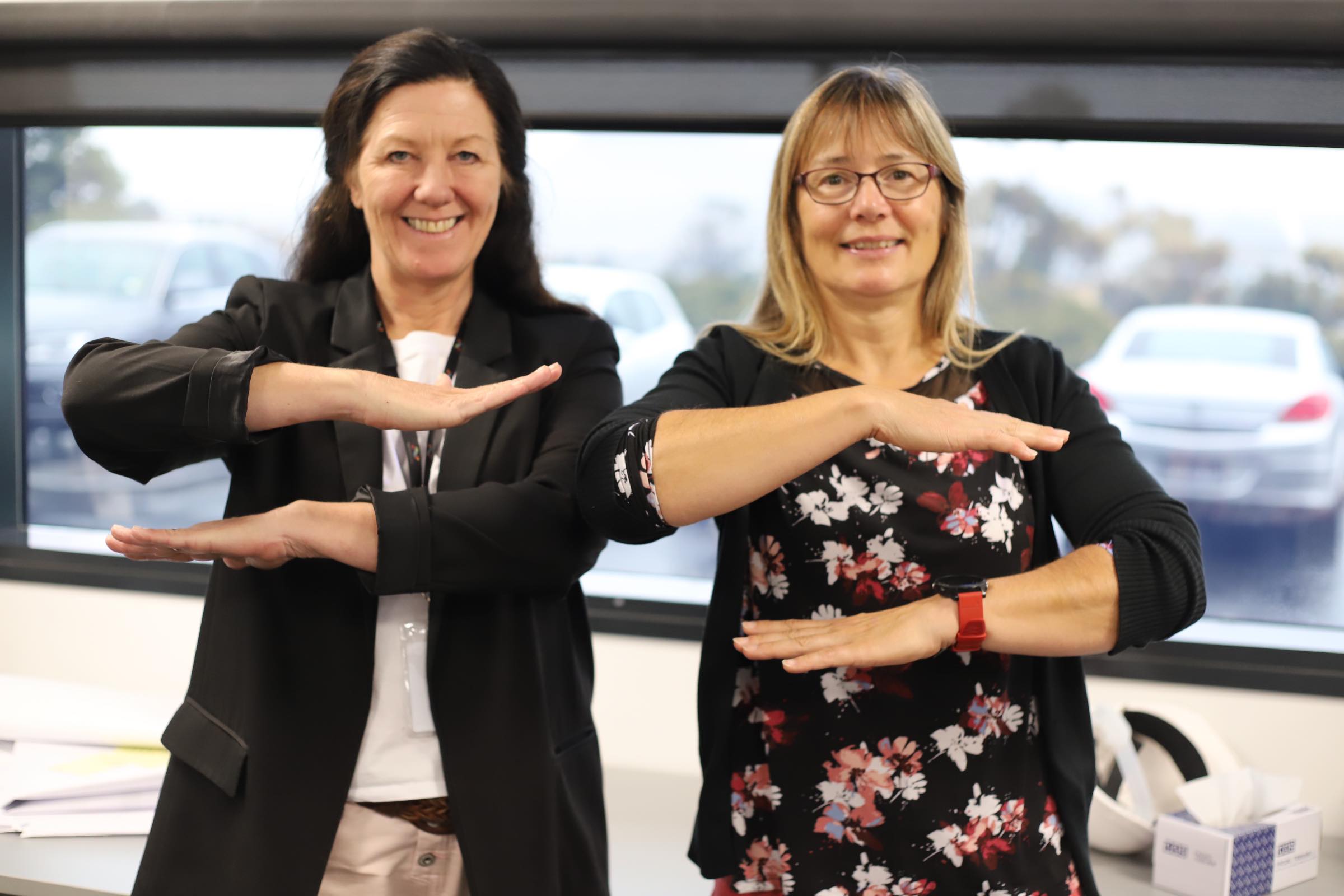It’s no secret that today’s women face barriers, both in and outside of the workplace. While gender diversity and equality have come a long way, women are still under represented in Science, Technology, Engineering and Mathematics (STEM). At TasNetworks’ Project Marinus, women are carving out their own place on the $3.5 billion project. We chatted to two women working on the interconnector project about role models and stereotypes for International Women’s Day.
Bess Clark – General Manager
The theme for IWD this year is #eachforequal, drawing on the notion that an individual’s small actions can have an impact on our larger society. What are some small things you’re doing to help accelerate gender equality?
Well one of the little things I try do to, particularly over Christmas, is just encourage people to take time off to go and see kids’ school plays and neighbours’ events. It’s part of broader community and life – actually recognising these things are important and makes rich humans. It’s also about blocking out dairies, and spending time with families. I’ve actually had positive feedback that this is something that’s not always done.
The other thing that I’m getting more conscious of at TasNetworks is having female representatives on panels. Having women speaking at conferences and forums ensures we have that visible representation of competent females leading and bringing expertise to the work we do.
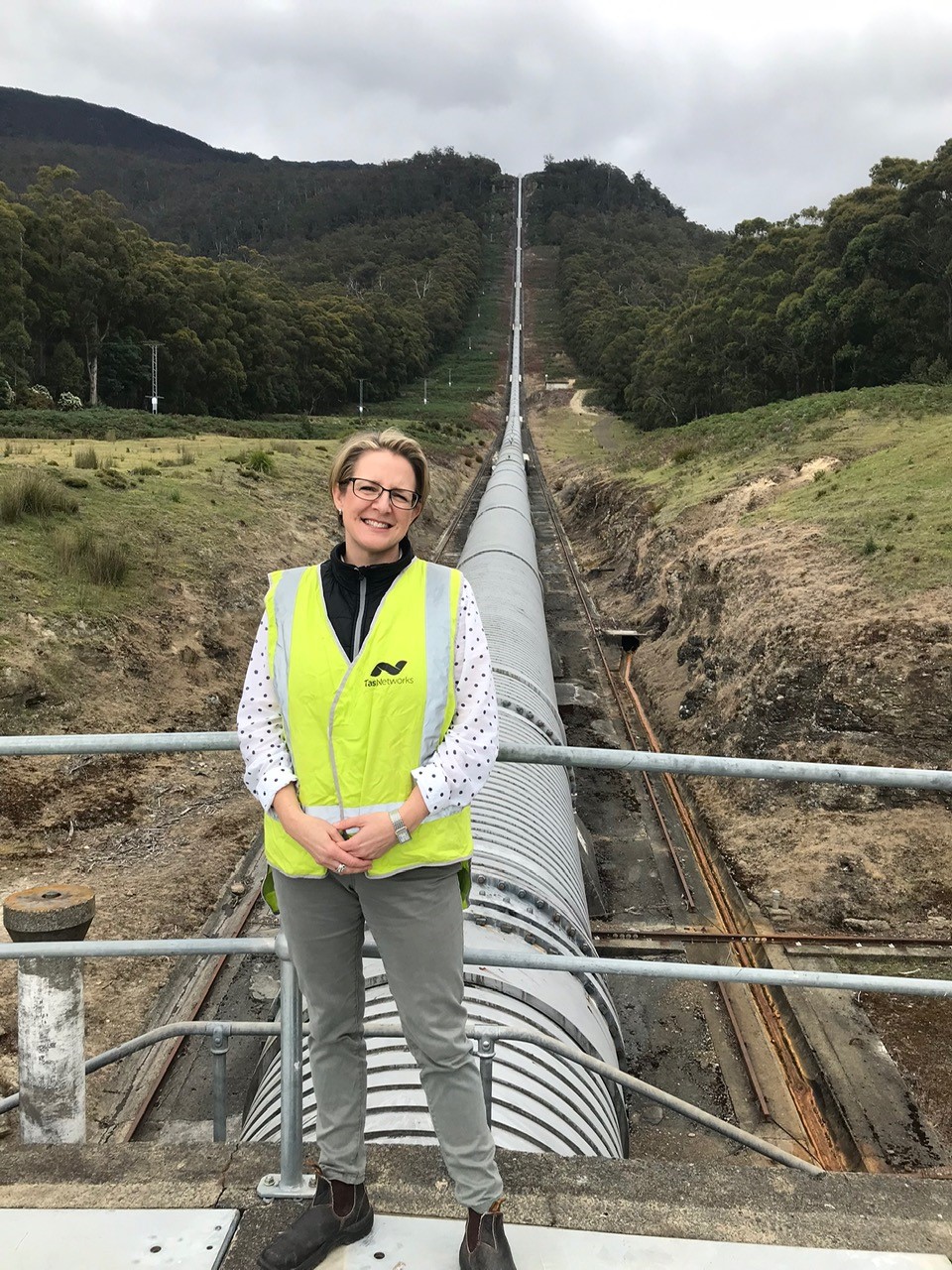
“You can go to lots of forums and conferences and it’s all blokes in suits sitting on a stage; so it’s quite nice to see females in suits.”
What advice would you give to a women in a male-dominated industry?
I’ve always worked in male-dominated industries; I come from a farming background – which is traditionally very male-dominated, and now in the energy sector, which is also very male-dominated.
I didn’t necessarily see its impact – it’s just what I’m used to, but looking back, I’ve actually been incredibly supported and coached by male peers and mentors and really benefited from it.
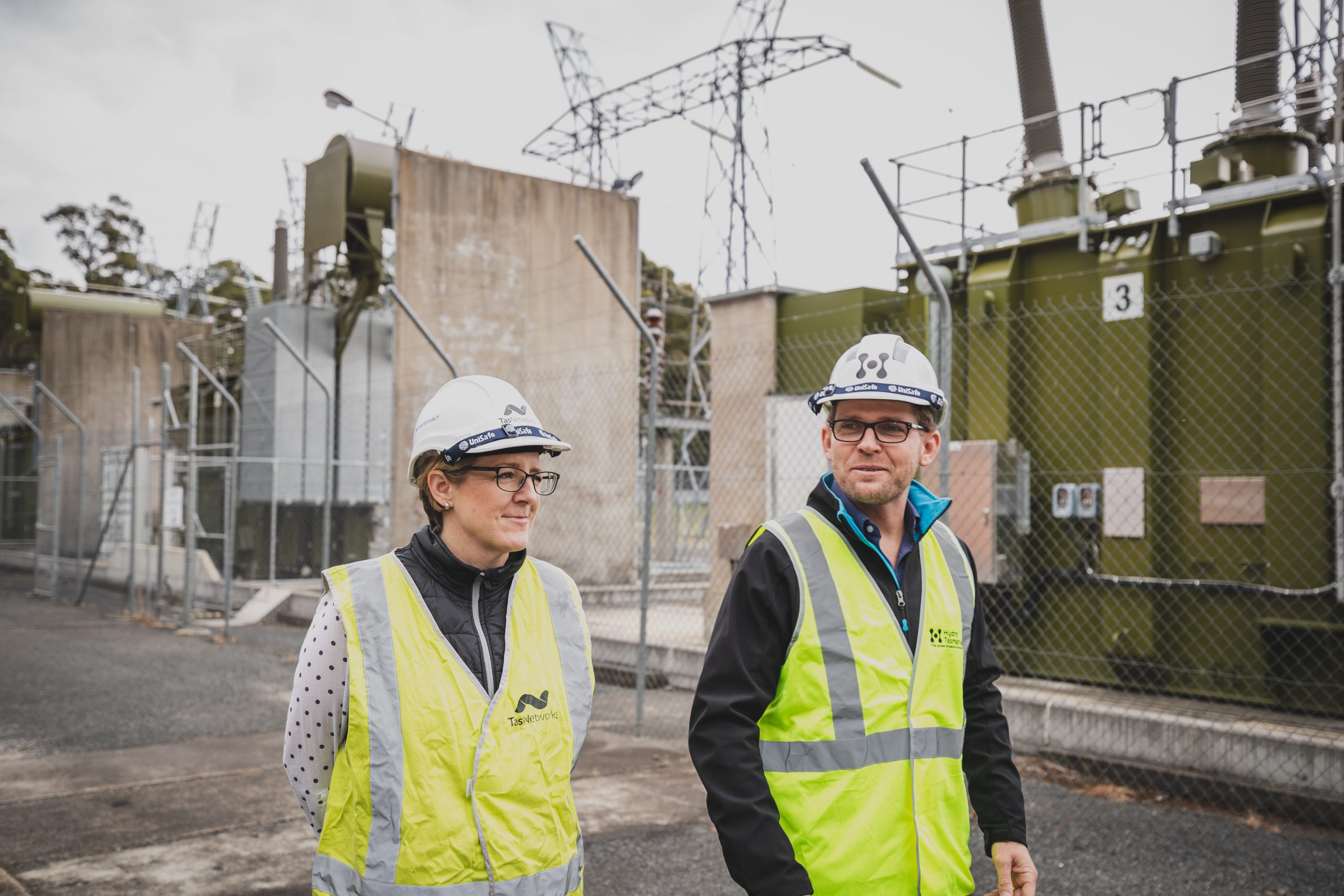
A lot of the blokes I worked with haven’t been afraid to call a spade a spade, however, they’re inherent biases we all have about our gender; some of the biases might make it harder for women, or in fact people looking after families.
“It’s actually about getting comfortable as a society to talk more openly about things that affect people’s lives and how they turn up each day.
“We can be much more honest about how need to work and interact with each other.”
Jane Barrow – Project Management Lead
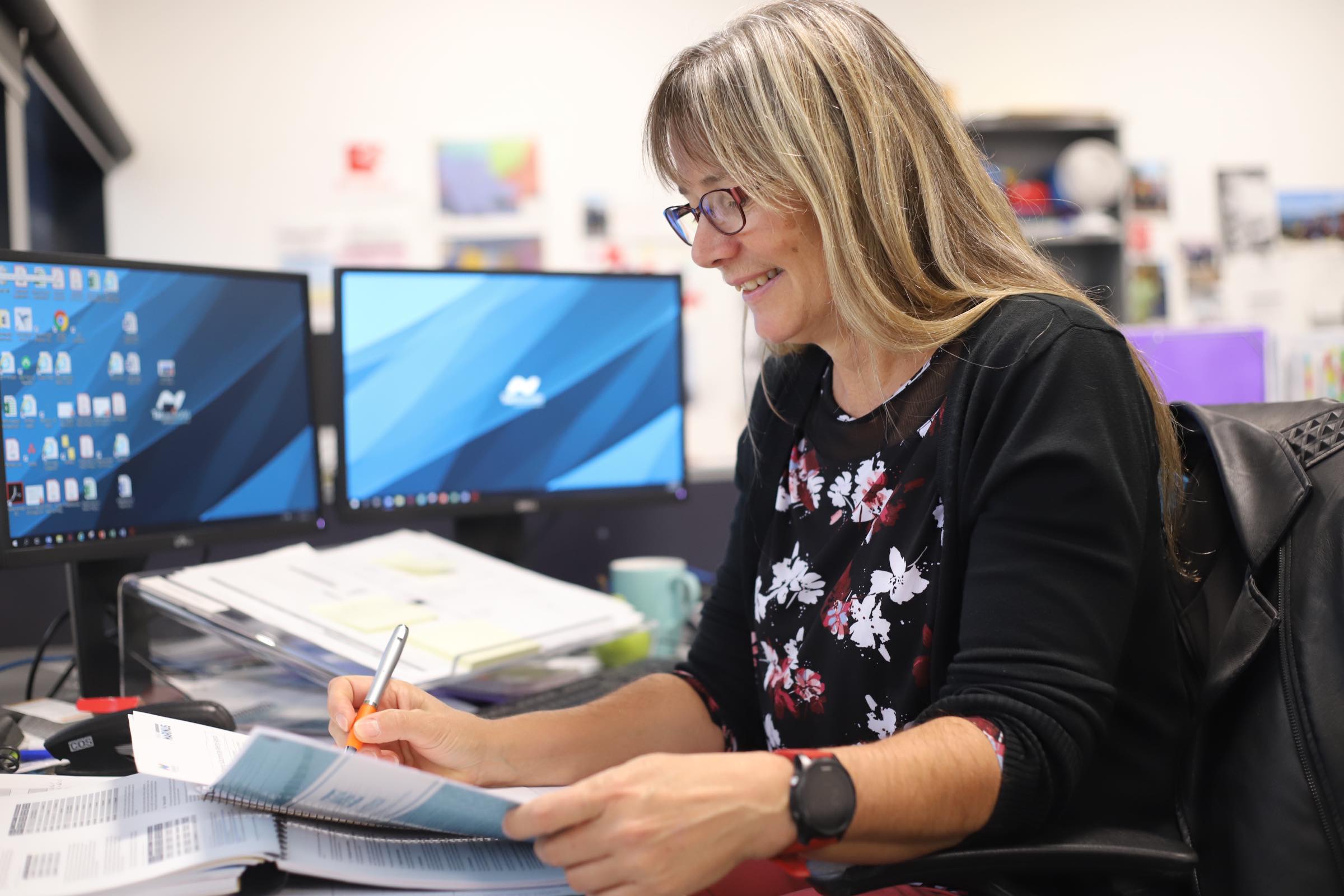
What do you believe is the biggest challenge for the generation of women behind you?
Women still tend to bear most of the work at home. It’s encouraging to see more young fathers taking on home responsibilities, but this needs to become the norm. Currently, many women in senior positions either don’t have children, or have a partner that takes on the home responsibilities; flexible working arrangements for both men and women needs to become more normalised.
“Stay true to your own values and goals.”
What are some small things you’re doing to help accelerate gender equality?
I’m providing flexible working arrangements for those who report to me,
encouraging my daughters to be self-sufficient and pursue their own goals, and also influence their partners to be accepting of this. I’m also working to encourage discussion in the workplace about issues that are traditionally seen as women’s issues.
“Women are able to achieve in diverse and non-traditional areas.”
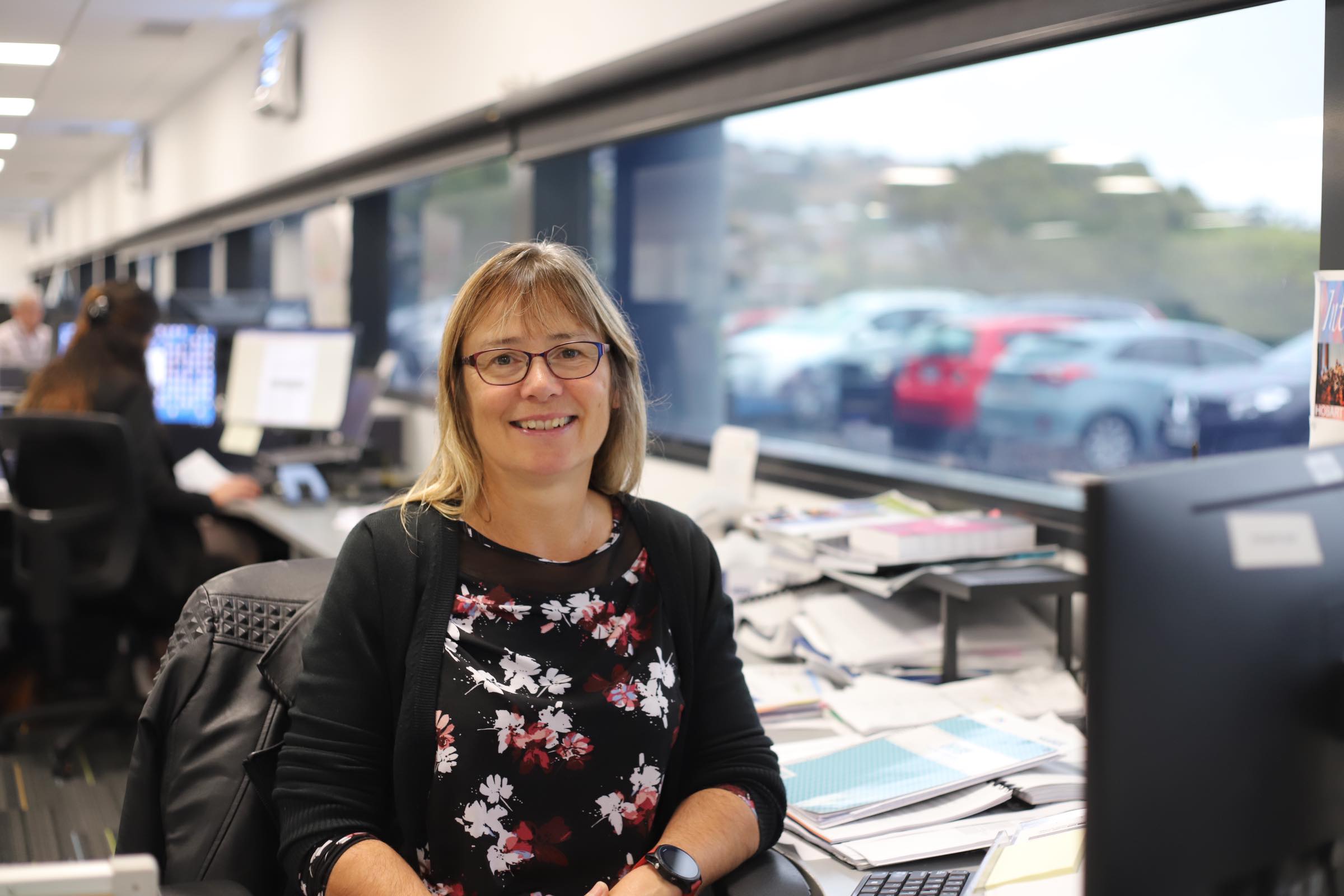
What assumptions about women would you like to change?
-
That we are all the same;
-
That we can’t read maps;
-
That older women are not able to learn new things;
-
That we all have the same issues.
